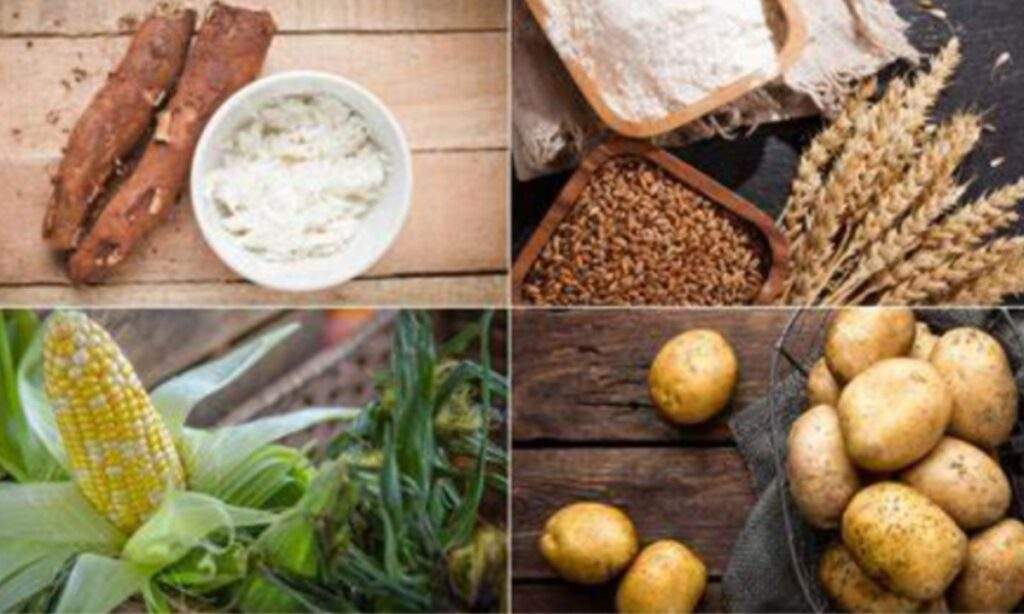A daunting forecast has emerged, indicating that Nigerians and other West African nations are set to face a significant spike in the prices of essential foods like rice, maize, millet, and cereals in the coming year. The “West Africa Regional Supply and Market Outlook” report, a collaborative effort by the Food and Agricultural Organisation (FAO), World Food Programme (WFP), and other entities, has sounded the alarm on this impending crisis.
The report paints a grim picture, attributing the projected price hikes to a combination of factors. These include production deficits, trade restrictions, geopolitical influences, and other complex issues, all of which are set to push prices above the five-year average. In the context of the West African region, staple crop prices are currently hovering above this long-term average due to various factors such as production shortfalls, trade barriers, insecurity in the Sahel, elevated global prices, high transaction costs, and currency depreciation in the Gulf of Guinea’s coastal nations.
With a specific focus on Nigeria, the report emphasizes that the nation’s annual inflation is on a relentless upward trajectory, exacerbated by the removal of fuel subsidies. It foresees prices remaining persistently high, attributed to various factors including limited production performance, sustained demand, constrained humanitarian aid, ongoing trade disruptions, and the prevailing security and socio-economic challenges in the region.
The grim reality is corroborated by statistical data from the National Bureau of Statistics, which revealed that in November, food inflation in Nigeria soared to 32.84%, while annual headline inflation reached a staggering 28.20%. Similarly, a report by AFEX has ominously predicted a 32% increase in rice prices for 2024.
The removal of fuel subsidies and exchange rate adjustments in June have notably doubled the prices of essential goods and services nationwide, exacerbating the already challenging circumstances for the ordinary citizens of Nigeria.
As the specter of soaring food prices looms large over Nigeria and West Africa, the populace and policymakers alike are bracing themselves for the imminent economic and social repercussions that are bound to follow if decisive action is not taken.
The impending surge in staple food prices is not just a regional concern but an issue that demands global attention and collaboration to avert a potentially deepening crisis for the vulnerable populations of West Africa.
